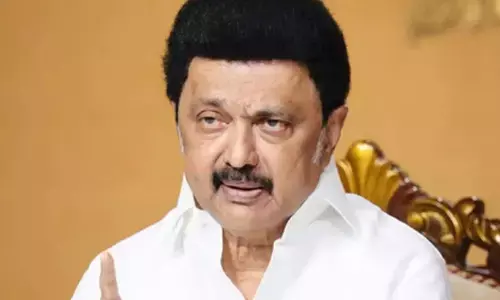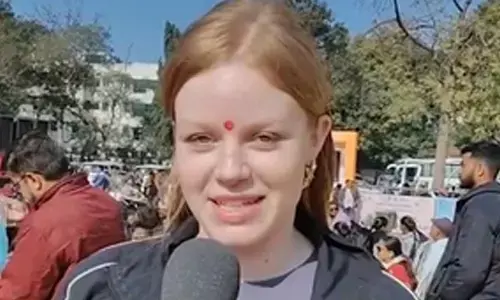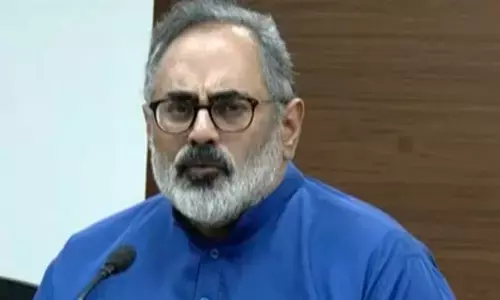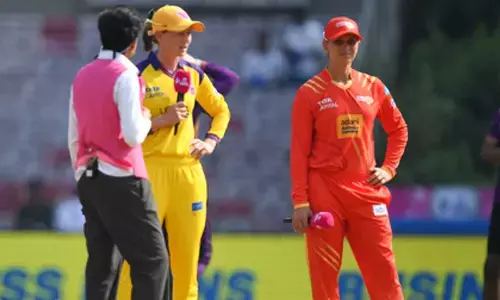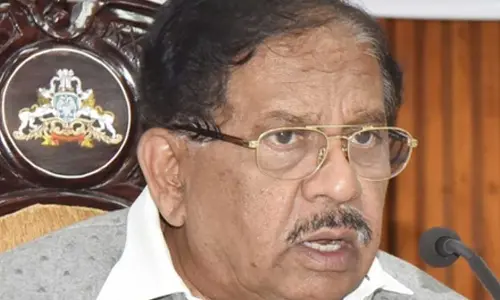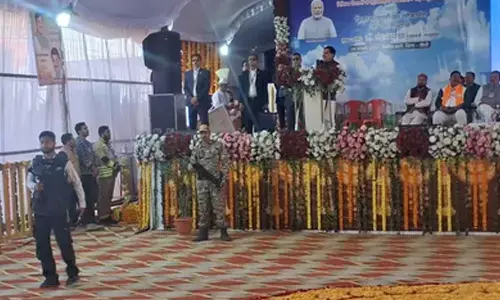Anti-CAA protest secular, charge sheet communal: Khalid tells court
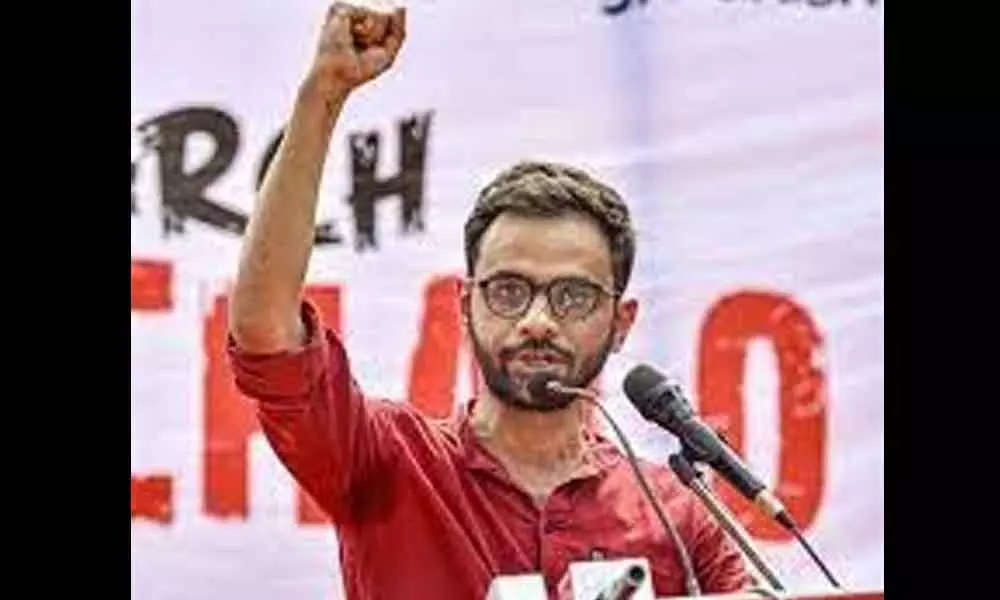
The anti-CAA protest was secular but the charge sheet in the Delhi riots conspiracy case was communal and the police fabricated a story to suit its narrative, former JNU student leader Umar Khalid told a court here on Tuesday calling it a "naked form of false implication".
New Delhi: The anti-CAA protest was secular but the charge sheet in the Delhi riots conspiracy case was communal and the police fabricated a story to suit its narrative, former JNU student leader Umar Khalid told a court here on Tuesday calling it a "naked form of false implication".
Senior advocate Trideep Pais, appearing for Khalid, made the remarks during a hearing on Khalid's bail plea in a case related to the communal violence that had broken out in north-east Delhi on February 24, 2020, after clashes between the Citizenship Amendment Act supporters and its protesters spiralled out of control. Khalid and several others have been booked under the Unlawful Activities (Prevention) Act (UAPA), a stringent anti-terror law, accused of being the "masterminds" of the riots which had left 53 people dead and over 700 injured. Arguing his bail plea before Additional Sessions Judge Amitabh Rawat, Pais said the charge sheet was a fertile imagination of the police, calling the investigating officer (IO) a scriptwriter who "literally wrote a novel".
"No recovery, not present in Delhi, no violence attributed to me, no traces of funding," Pais told the court while opposing Delhi Police's allegations levelled against Khalid. The police had earlier said that Khalid's bail plea had no merit and, referring to the charge sheet, asserted it would demonstrate the prima facie case against him before the court. During the hearing, Pais told the court, "Much after the riots happened, they registered the case, cooked up statements, or simply matched CDR location and if it matched with the co-accused, they arrested me." Referring to the anti-CAA protest, he further said, "Not a single witness spoke that women were exploited, that there was a secular cover, etc. In fact, you will see a number of personalities who are educated, working in different fields, associated with CAA. Luckily they are not accused. "In fact, the shoe is on the other side. The protest was secular, the charge sheet is communal."
Pais further said that if Delhi Police was a fair investigating agency, it would not have attributed 'Tukde Tukde' phrase from some other case's charge sheet to the present one. "You have a political person who speaks against the state and you want to frame him. It is a naked form of false implication. You have fabricated a story to suit your narrative. This man is innocent.
He has not done anything," he added. On allegations that Khalid directed JNU student Sharjeel Imam and others to block the roads at Shaheen Bagh and Muslim-dominated areas, Pais submitted that while the prosecution claimed that chakka jam was equal to a terror act, it is not an offence and has been used by students, farmers, and others while participating in various agitations. On the police's claims that women were paid money to sit at the protest site, he submitted, "Has any of the women come before you [police] to say that money was given to them.
First of all, I take offense to this. Don't they have their own say to sit there and protest?" In the last hearing, Khalid on October 12, Khalid through his lawyer, said that the investigating officer wrote fanciful stories in the chargesheet and asked if organizing chakka jaam is an offence or does it invite the Unlawful Activities (Prevention) Act (UAPA). "Your [prosecution] wish to paint every accused with one brush as if it was one conspiracy crumbles when you look at the chargesheet. Where do you get it from? You got it from your mind. Half of it is a fertile imagination. None of this is supported by any statement," Pais had said.








